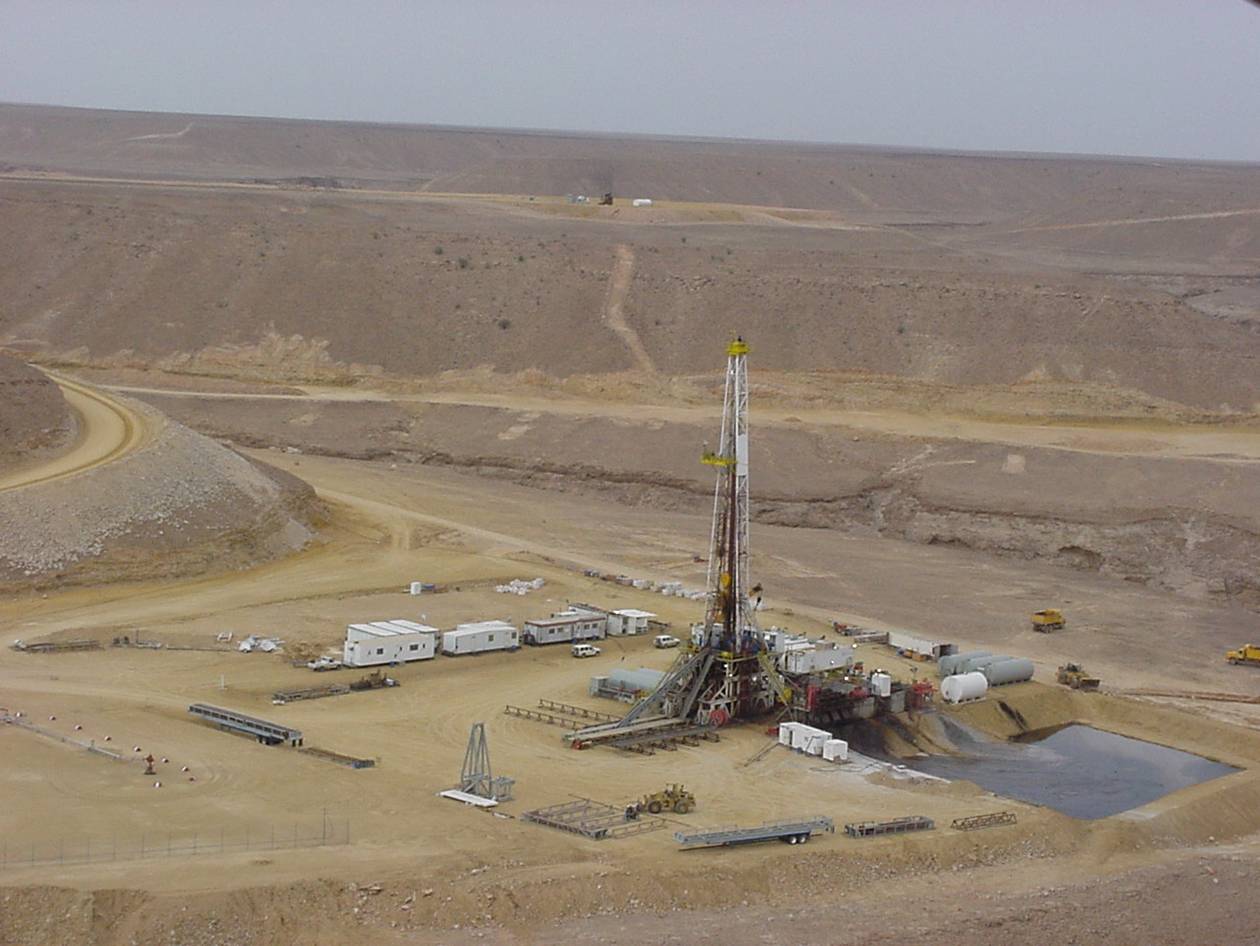Escalating violence in Yemen, a producer of only 0.2 percent of the world’s oil, has spurred unexpected rally across the markets with commodities and metals and mainly oil. While crude went up by more than four percent, gold climbed up as well and most of the main industrial metals advanced following the same pattern.
Yemen might be a negligible oil producer but it sits on one side of a shipping chokepoint used by crude tankers heading west from the Persian Gulf. Although oil prices have been very low for quite some time, the overnight surprise attack by Saudi Arabia made prices spike. The surge, however, comes amid mounting concerns about oil overflowing storage tanks around the world.
Commodity markets have traditionally been shaped by geopolitical developments but this time they seem to be overreacting. Yemen produces very little oil and its production has been steadily declining for most part of the past 15 years. The country now produces only 150,000 barrels a day, which is about a twentieth of Texas’ daily output.
Moreover, not only has the country’s production been on decline, there have also been as many as 24 major attacks on oil and gas pipelines in recent months. The Shiite rebels Houthis, seen as an extension of Iran’s influence in the region, had seized control of parts of Yemen months before the airstrikes started. Violence is really not anything new in that part of the Arab peninsula and thus the argument that poor security might impede on Yemen’s ability to produce oil is valid but global oil markets would not even notice.
Most analysts, however, point to Yemen’s strategic position at the 18-mile-wide Bab el Mandeb Strait, which they see as a more likely cause of potential troubles. Closure of the strait could truly endanger international shipping and oil transfers to the West as it is estimated that 3.8 million barrels of oil pass through the Bab el Mandeb every day.
However, the Houthis’ maritime presence is not strong and the US navy routinely patrols the waters. Washington is moreover logistically supporting the Saudi airstrikes and it would likely provide more support if major oil production hubs were jeopardized. The conflict will thus probably remain onshore especially since Saudi troops are expected to march through Yemen at any moment. Such a development could naturally have serious ramifications across the Middle East, but these would be largely (geo)political in nature.
Yemen is a de facto kleptocratic failed state, which unfortunately houses the strongest presence of al-Quada in the region. On top of this, the Houthis, whose flag reads the provocative “God is Great, Death to America, Death to Israel, Curse on the Zionists, Victory to Islam” slogan, are an Iranian proxy power in the country and thus unacceptable to many, especially Iran’s rival Saudi Arabia.
However, neither of these is likely to become a cause of a major surge in oil prices, because crude has been cheap mostly because of different reasons. There has generally been an oversupply of oil for quite some time. Libya’s production has been on the rise again thanks to the somewhat improving security situation in the country and Iran, the second largest OPEC exporter, might be able to boost its exports soon if international sanctions are relaxed.
Apart from that, crude oil storage at US Cushing hub is three-quarters full, China’s petroleum reserve is almost full and OPEC is still unwilling to cut down its own production. All of these things will likely make oil prices pare back their gains as soon as the media coverage of the conflict wanes. In short, the conflict in Yemen is a very serious geopolitical and humanitarian problem but unless the fight against the Houthis grows into a broader conflict between Iran and Saudi Arabia, there are few reasons why oil markets should be roiling.




